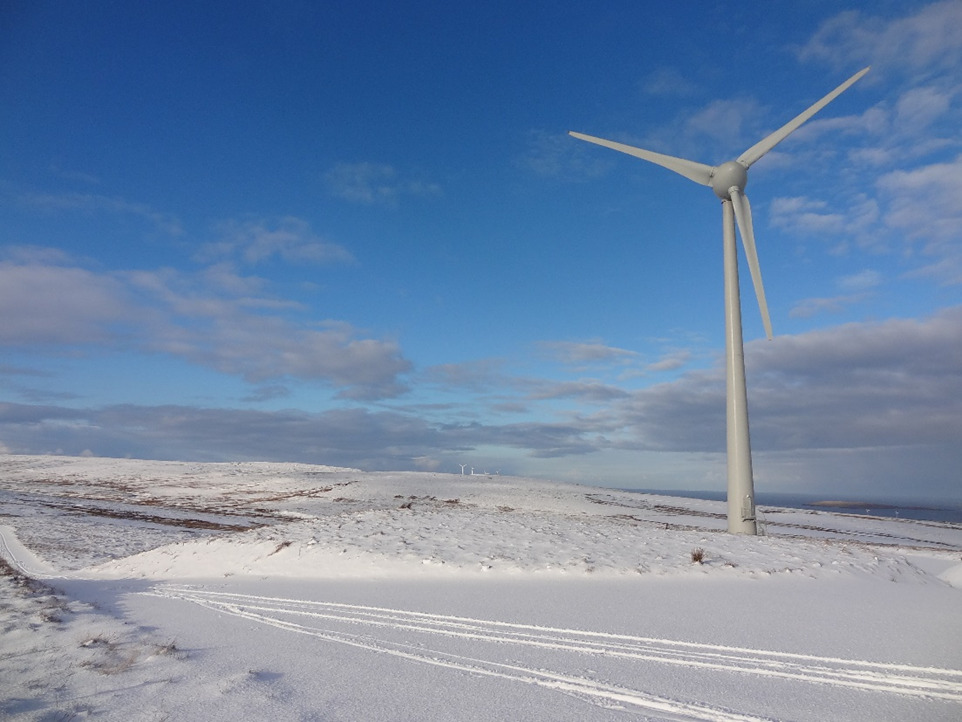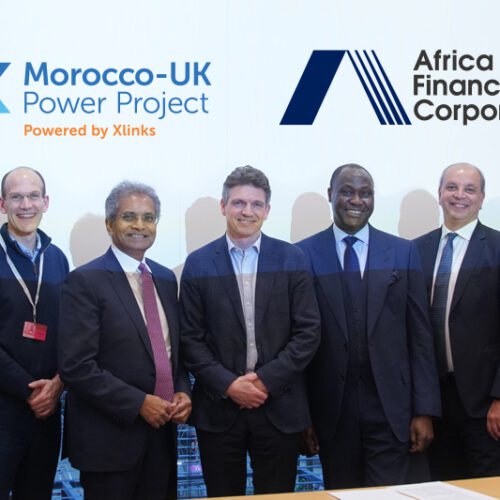The ‘world first’ flexibility trial Project TraDER has gone live on the Orkney islands.
Real-time trading between renewable generation and local flexibility has now taken place on the Local Energy Trading Market in the pilot project launched earlier this year.
It is designed to help demonstrate how a market based approach to curtailment of renewable generation can produce value. As such, a single access point or market layer has been added to the network on the islands that allows generators and flexible assets to work together to reduce the need for curtailment.
For example, if there is windy weather, the owner of a wind turbine could pay a diesel generator to secure its space on the grid. Creating a market for renewable energy generators to pay for increased capacity would thus remove a significant barrier to maximising renewable output.
This single access point to the energy market is now allowing trading on the Electron platform to resolve grid congestion, ensuring less of the islands’ abundant renewable generation – a key reason it was chosen to host the pilot project – is curtailed.
There has now been 1,300 trades on the platform in the region as part of the pilot project, with those involved hailing it a success.
The project, which is being led by Electron, received funding from the Department of Business, Energy and Industrial Strategy (BEIS) and includes industry heavyweights Scottish and Southern Electricity Networks (SSEN), EDF UK, Kaluza,the Energy Systems Catapult, Elexon and more.
Despite Orkney just being a small test bed, this milestone in the project could have a “profound impact on the whole of the UK’s energy system”, said Conor Maher-McWilliams, head of flexibility at Kaluza.
“Enabling community-owned turbines to keep turning – by storing their renewable energy in Kaluza-optimised heaters – means residents are heating their homes with cheaper electricity and preventing renewable energy from going to waste. We are excited to progress Project TraDER and demonstrate the scalability of its approach for the benefit of the wider grid as the UK transitions to a decarbonised, more flexible energy future.”
While this first stage of Project TraDER’s is looking at demand turn-up to match local generation, the second stage will focus on facilitating new markets. It will be supported by SSEN, and will also explore further value that could be added for customers.
Andrew Roper, ED2 director for SSEN, said: “TraDER is an exciting and important project, on the journey to delivering a smarter electricity system that accommodates and maximises the benefits of low-carbon technologies. Orkney provides the perfect location: with around 10% of Orkney’s population already producing their own power, we have a well-informed, engaged community that TraDER is seeking to support.”
The consortium behind the project have said that now is an important time for such work to be going ahead, given the current drop in demand caused by the COVID-19 lockdown. Many are calling this a glimpse of the future, with low demand and high renewable generation leading to balancing challenges for National Grid.
As such, the need for a “joint solution for long-term decarbonisation” is being particularly acutely felt, with projects like TraDER being looked to as potential pathways for flexibility and stability that benefit all involved.
“We believe that coordinating national price signals with local grid requirements is absolutely key to maximising the incentive for local flexibility to come online and, in turn, enabling the zero carbon grid,” said Jo-Jo Hubbard, Electron’s CEO.
“Moreover, the more we see negative national electricity prices, the faster we need a solution that ensures that this does not disturb grid resilience at a local level.
“We believe that this is the first multi-sided local marketplace that actually affects the physical flow of power and brings more zero carbon, zero marginal cost power online, and we are thrilled to be working with our TraDER partners and the engaged community of Orkney to make this happen.”





